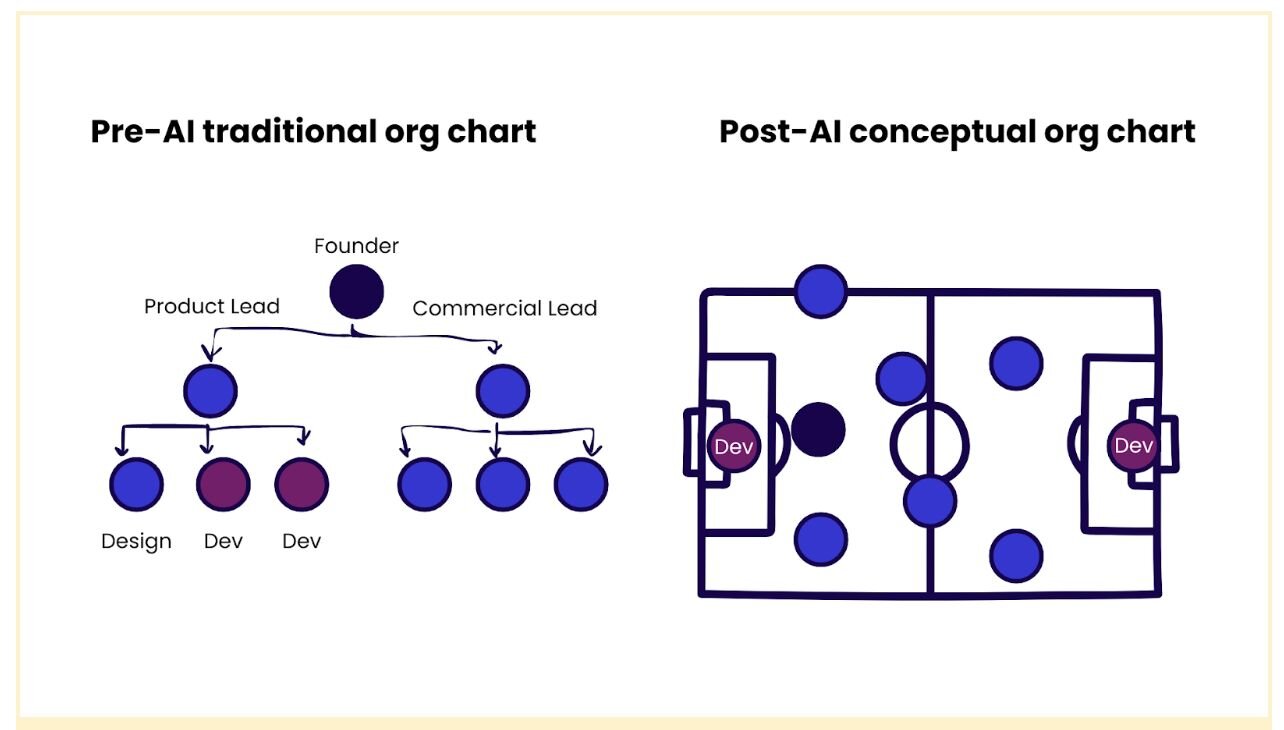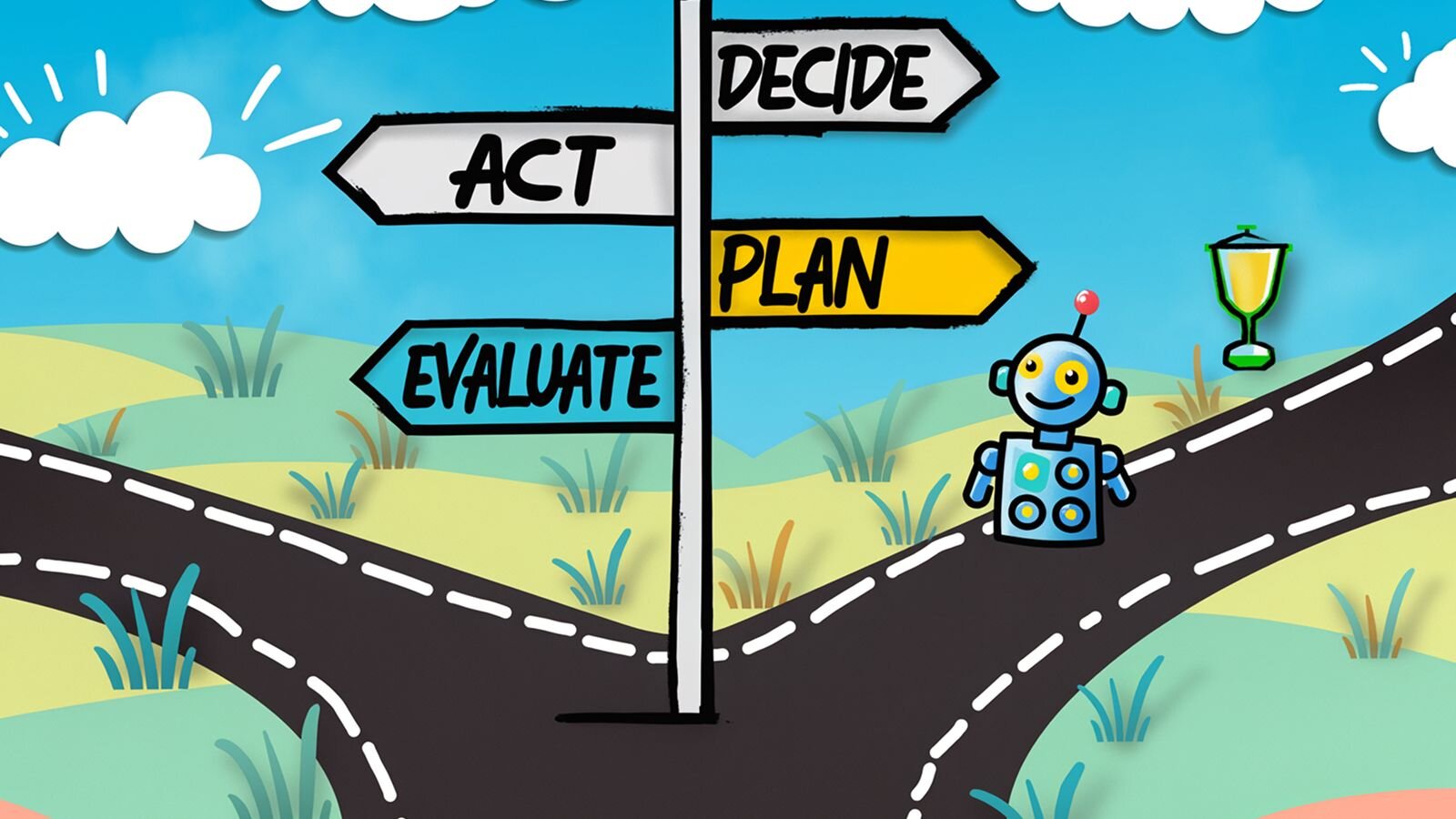In the last few months, I’ve been asked more than a few times about how to make the leap from being a product manager individual contributor (IC) to a manager of product managers. A bit about me: I was managing a team of 3 product managers ranging from associate product manager to lead product manager for 2 years. I got there by being a high performing IC for the 3 years prior to that. Here’s my take on what is needed to become a manager of product managers.
The basics: Your performance
This one is obvious. But performance is not just in terms of doing the work, you also need to have a reputation for consistently shipping products, delivering outcomes and meeting KPIs. Try to make sure that your stellar performance is noticed not just by your manager but your skip level and manager’s peers as well.
The basics: Everyone must love working you
People who work with you should have good things to say about you. Why? If engineers, designers, product leaders, cross functional leaders like working with you, it seems likely that they will like working with someone coached by you and your reports will like working with you too. A good adaptable attitude also goes a long way here. For example, if you are a chronic complainer, your manager is not going to want to hear more complaints from your reports too. Think about it, you being a manager means that you imbue more of your worldview and principles onto others.
Another great thing about having good relationships and great credibility with peers, product leaders and cross-functional leaders is that your reports automatically inherit that credibility. You will also be effective as a manager since you will be able to negotiate resources and reach agreements much easily with other leaders.
Opportunity spotting
There’s really broadly 3 situations where you have the opportunity to become a manager:
- 1. Your existing manager leaves
- 2. The manager of another team leaves
- 3. You create a team from a re-org or by hiring.
For 1 and 2, it's all about striking when the iron is hot and pitching yourself as a company/domain expert who has existing relationships with the reports and cross-functional partners to begin delivering results immediately. If you’re a first time manager, you have better odds with 1 and 2 if it’s a small team and there is a seniority difference between you and the folks on the team.
Below, I’ve outlined how you can make a pitch for the 3rd case.
The pitch: I can expand the pie
Once you deliver successful outcomes, you should be a firehose of ideas of what you could do further to advance your team’s vision and KPIs. Naturally, product managers can never do everything on their backlog or everything their customers ask for but this is more about having a list of needle moving ideas for customers and the company in your product area.
Here, it definitely helps if you are in a growing product area and your company has an appetite for that continued growth. Your chances of becoming a manager are always higher in an emerging product area because the growth means that many new projects are being started with few existing product managers to take it on. There are also fewer existing product managers and product leaders to be vying for the new projects. For example, if you worked at Ads for Meta or Google, unless you’re in a very specialized, high growth area within Ads, any new strategy or projects will have a lot of existing product managers contenders and product leaders vying for those projects. There is often just too much competition and deep org structures in these mature products to really build a team.
The pitch: Pick me
Always ensure your manager knows about your ambition to be a manager. Combine that with your needle moving vision and ideas, and make it a no-brainer that you should build and lead the product manager team that executes on these ideas. Simple right? Not always. Sometimes organizations are layered with politics and competition, so you will still need to outshine others who will be vying for headcount and projects.
Try to present a unique perspective or vision or product that is not actively being discussed. These have the risk of not being understood or absorbed immediately, but it’s better than tossing in ideas already actively being discussed or worked on. Another option might be presenting a clear strategy for ideas that have been repeatedly discussed in the org. Companies sometimes have a few bold ideas that the leadership team is keen to pursue but cannot figure whom to put on, or no one has thought deeply enough the problem to figure out the next steps. Painting the strategy and next steps to actually achieving this will make you very popular with leadership. You may need your manager’s help to pitch your ideas more broadly, i.e. to your skip level and even the broader product leadership team. Ensure that any pitch includes messaging about you/your team being the right team to work on this. If you are busy with existing high priority projects, then you managing a PM to do this could be a natural conclusion.
The on ramp
Now that you have all the ingredients and your manager/leadership seems to think that you should get a shot at management, you need an on-ramp to convince them that you are ready for a team. You may not need the on-ramp but it becomes the final test to help you get a team. Some options are getting an intern or unofficially managing a junior person on the team. You may need to include this in your pitch to your manager and be clear that after managing this intern or junior product manager, you’d want to manage someone full-time.
The caveat
One last thought: I would be remiss if I didn’t add that in the post ZIRP era, organizations have become flatter and the number of managerial roles have unfortunately reduced dramatically. Companies are also recognizing the value of super IC product managers and management is not the be-all and end-all in product management anymore. Highly trusted, high performers in a growing org will always have the opportunities for management. However, if this isn’t happening fast enough for you, don’t despair. Most senior ICs are expected to mentor junior product managers even if they don’t manage them and provide thought leadership and shape the direction of the team’s products. Keep doing this – being an informal leader will eventually get you that manager title.







